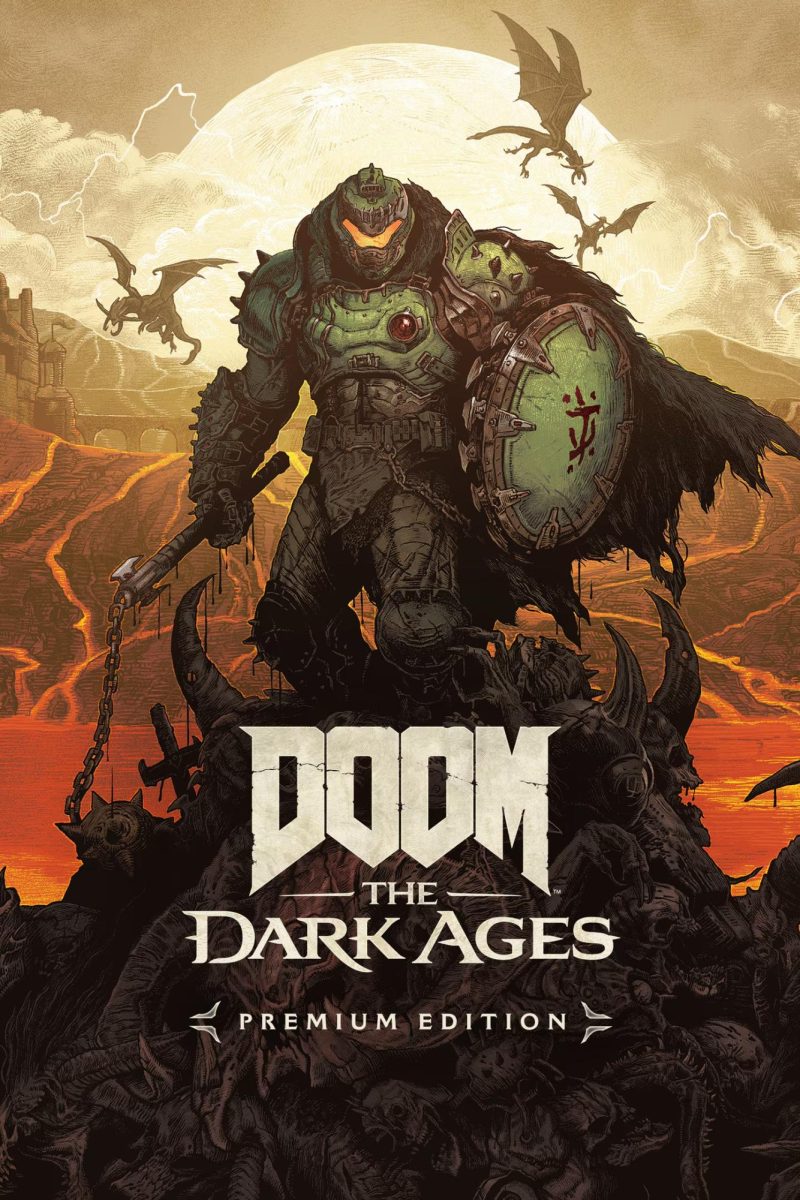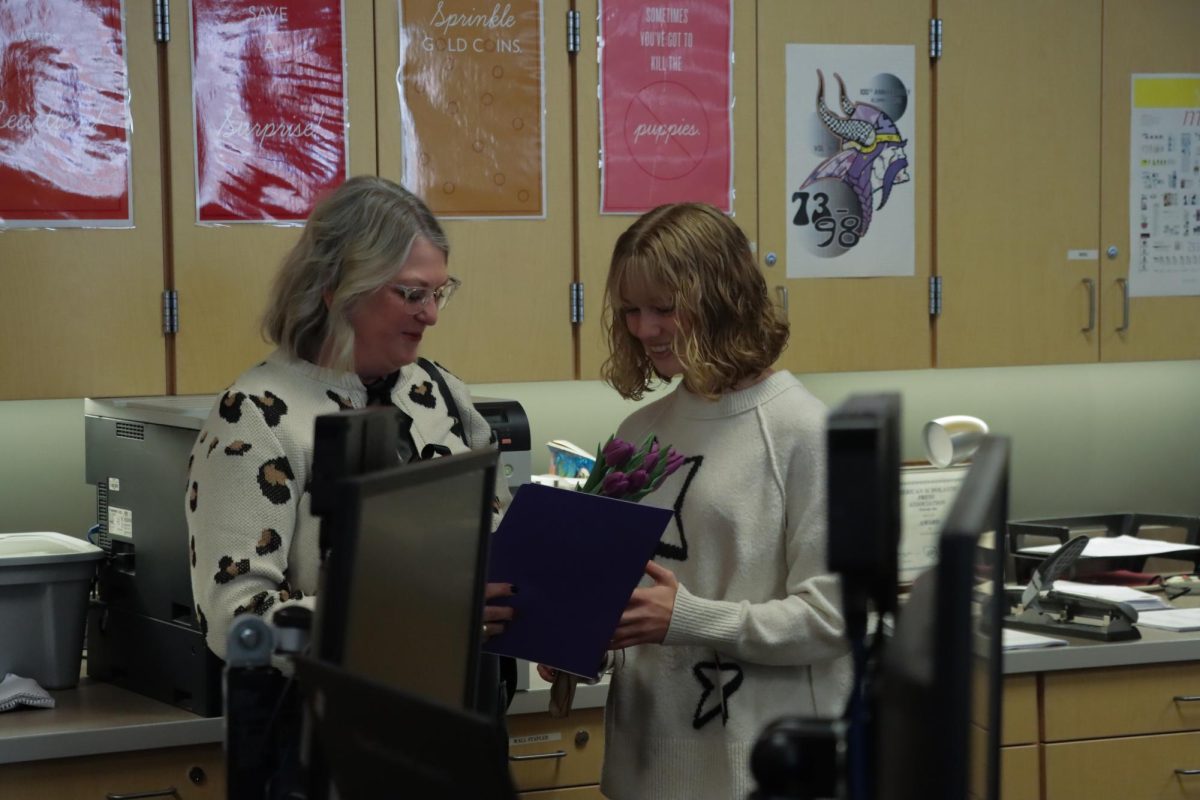When my teacher told my fourth-grade class about our next assignment, I was absolutely ecstatic. I have always loved a challenge, and when she said that we would need to write a narrative story, I knew it would take a lot of work.
But above all else, I felt an overwhelming sense of excitement, fueled by the ticking clock of inspiration that got louder the more she explained what we would have to do.
This was only my second narrative I had ever written, and the last one had awoken a creativity in me that I never knew I had. I knew it would not be perfect, but the idea of putting my ideas down on paper was thrilling. Throughout the process of planning our stories, I was overflowing with ideas. I was an avid reader, I knew just what I wanted in a story, and I did not plan to let anything hold me back from writing the story I dreamed of.
When we finally started writing, my story was definitely ambitious. Looking back, that 16-page narrative stretched much longer than the teacher had anticipated. The plot was ambitious; I took the prompt and ran.
Every last word of that story was awful.
But I was still proud of the product of my hard work and enthusiasm.
My teacher kept dropping hints that my paper was bad. She said it was too long, that it had too many side plots, that it was confusing. But I often did not know how to fix these issues due to inexperience, and I decided to plow on.
As the due date crept closer, I began figuring out how to close the story that had spiraled into an epic. But before I could turn in my masterpiece, my teacher put a stop to my work once and for all.
She emailed my mom, asking her to have me start the story over again. I had to spend all of my mid-Winter Break painstakingly re-writing my narrative. I remember them gently telling me to cut piece after piece of my wonderfully wild plot down into a standard, outline adhering, fourth grade narrative. In the end, I got a decent grade. My teacher and my mom were happy with my work, and it seemingly wasn’t a big deal.
But they did not know what a hit it was to my confidence.
I wrote not because I wanted the best paper, but because I had such rampant enthusiasm. I just loved my story and writing it brought me joy. I knew my work was not perfect, but when I had to stop, it still stung. The story was still special to me, in all its spiraling, tangential glory. Looking back, I understand that the process of editing and drafting is crucial to writing, but in that moment, it felt like this product of my passion was simply not good enough.
I continued to push myself when I received writing assignments, but there was always a voice of doubt in the back of my mind, reminding me that it was not enough to just love your work, that passion meant nothing if the story does not hit the brief. The lingering uncertainty and insecurity made writing a chore, rather than the art I had been so enthusiastic about.
I felt so defeated at the time, and it impacted me for a long time. But eventually, with time and reflection, I realized I could not let that disappointment continue to get to me. I had been so excited about writing stories before, I could not let that love for storytelling turn into resentment.
I made the conscious decision to move on, to acknowledge that while my teacher had the ability to tell me to re-write all my hard work, she should not be able to tell me to stop loving my own writing. It took a while to regain my confidence, to fight the creeping anxiety that told me I was less than. But I keep coming back to writing, to storytelling, to this passion I have for my work because of the same reason my younger self fell in love with it in the first place: writing is just fun.





